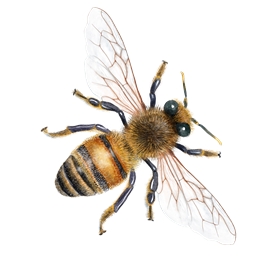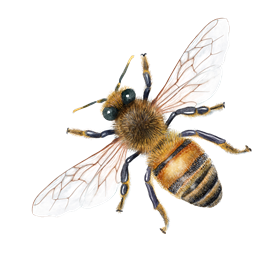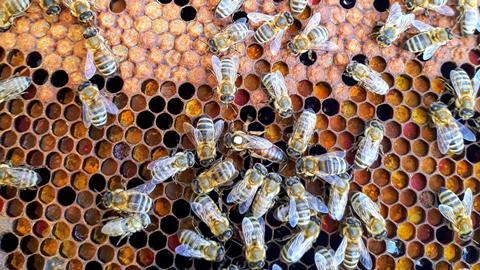Brexit was supposed to mean sovereignty. Taking back control. But when it comes to pesticides and agrichemicals, academics, campaigners, and the pesticide lobby all agree the UK is so far falling short.
Pesticide regulation was not always front and centre of the Brexit debate. Too often seen as a technical matter affecting only farmers, perhaps. Yet the issue is a frequent cause of public outcry. The weedkiller glyphosate has caused widespread uproar in the EU for years, while the UK government’s decision in January to allow neonicotinoids on sugar beet resulted in lawsuits, with the NFU accused of “secretly lobbying”.

In post-Brexit Britain, campaigners and academics are most concerned by the seeming loss of transparency over pesticide regulation. When the UK exited the EU, it copied and pasted EU laws into its own statute books, pledging they would arrive unchanged for the start of the new regime.
A 2019 study by the UK Trade Policy Observatory, however, revealed a marked weakening of rigor in the UK’s new legislation. It found the EU’s oversight and scrutiny by independent bodies had been watered down, while the requirement for scientific assessments to guide decisions on pesticide regulation had gone from mandatory under the EU, to at the minister’s discretion in the UK.
Brexit also exempted the UK from new EU rules obliging pesticide companies to publish the scientific studies used to support successful licence applications. The rules began in March this year after one million people signed a petition in 2017 calling for a ban on glyphosate. For the UK, however, it came too late to be implemented.
Governance gap
It leaves campaigners worried of a ‘governance gap’ in which independent scientific advice is inadvertently sidelined. They point to the replacement of the European Food Safety Authority (EFSA) – an organisation with a multimillion-euro budget and hundreds of staff – with the UK’s Expert Committee on Pesticide (ECP), a scientific body made up of part-time staff reporting directly into ministers.
“There are no checks or balances here,” says Matt Shardlow, CEO of conservation trust Buglife, in a recent open letter. “While UK pesticide regulation has been freed from the hands of the EC and Council, the fear is that it just falls behind a curtain of secrecy and into the hands of the pesticide industry.”
Alongside the ECP, the UK is looking to boost the remit of the Health & Safety Executive, the body responsible for vetting all new pesticide ingredients. Five months into post-Brexit life, however, and a vetting process is still yet to be developed.
“There are no checks or balances here”
As a result, pesticide licence renewals have been delayed for another three years to give the HSE more time to implement the new regime. It means glyphosate’s licence in the EU, for example, could expire in 2022, yet will be available for use in the UK until 2025.
The British pesticides industry is upset by the delay. While it hoped Brexit would enable the UK to make faster decisions with greater predictability, the results so far fall short of expectations.
“The delay means the [pesticide] companies have to separately plan for renewal in the UK and the EU,” says Dave Bench, CEO of the Crop Protection Association and former HSE director. “That’s a different timeframe and potentially different requirements which is simply more costs.”
Agrichemical companies such as Bayer and BASF often pay hundreds of thousands of pounds to support a substance through each application process, explains Bench. Unless the process is streamlined, it could leave these companies paying the costs in both the UK and the EU and inevitably force some to weigh up staying in the British market at all.

“That will have a knock-on effect through the supply chain and will make producing certain crops more expensive in the UK,” Bench says. “If indeed it’s possible to grow those crops at all.”
Implementing a new regulatory framework was arguably always going to be tricky. Yet with trade negotiations with the likes of Australia now seemingly drawing to a conclusion, campaigners fear continued policy holes leave the UK exposed to external influence.
“To go into those negotiations with a woolly, uncertain domestic legal framework is a big risk,” says Josie Cohen, head of policy & campaigns at Pesticide Action Network UK. “It makes it much more likely that the UK will agree to a weakening of domestic pesticide standards.”
Major changes to regulation could also hurt British farmers, Cohen suggests, with divergence from EU rules potentially entailing restrictions on agricultural exports to the bloc.
For pesticides, just like everything else, Brexit has set the UK on a new trajectory with new rules. Changes are afoot and Boris Johnson is known to view biotechnology as an area “where we want to do things different”. Observers on all sides are now just waiting to find out exactly what that means.




















No comments yet